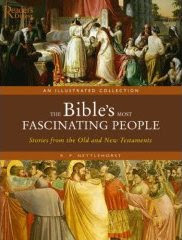IT COULD be argued that since Ahmadinejad's central message failed to register on his Western audiences that his visit to America was a failure. The fact that no media organs felt it necessary to analyze what he was talking about could be seen as a clear sign that no one is interested in buying what he is selling. But this is a dangerous argument, for it misses a basic truth.
Ahmadinejad is not interested in convincing the US government or even the majority of Americans to convert to Islam. He is interested in convincing adherents of totalitarian Islam and potential converts to the cause that they are on the winning side. He is interested in demoralizing foes of totalitarian Islam within the Islamic world and so causing them to give up any thoughts of struggle. In this goal he is no different from any of his Sunni counterparts in Saudi Arabia, al-Qaida, the Muslim Brotherhood, Hamas or their sister organizations throughout the Islamic world and indeed throughout the West.
Throughout the world, Islamic ideologues are aggressively spreading their message of global domination. In mosques, on the Internet, on television, in schools, hospitals and prisons, Islamic preachers can be found propagating the cause of Islamic domination. And aside from Iran, no regime, including the Saudi regime, is immune from the pressures of the message.
Perhaps the central reason that Ahmadinejad's message, and the hundreds of thousands of voices echoing his call throughout the world, are so dangerous is because the Free World is making precious little effort to assert its own message. Indeed, rather than contend forthrightly with the challenge that men like Ahmadinejad and Osama bin Laden pose to the West, the West searches for ways to either co-opt their message by seeking out points of agreement or to show that really, the Islamic imperialists have nothing to fear from the West.
The whole article is worth reading.





